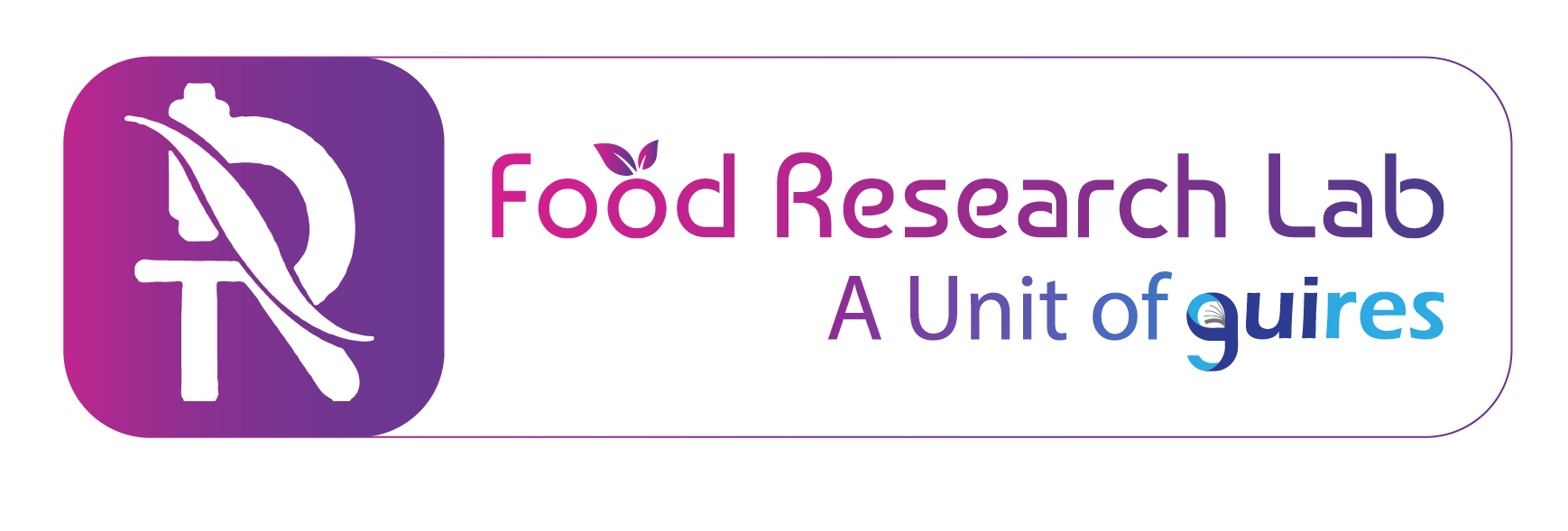
The EU regulation for Food Fortification
The EU regulation for Food Fortification
Food fortification is the process of adding essential vitamins, minerals, and other nutrients to food products to improve their nutritional value. For example, in the European Union (EU), food fortification is regulated by Regulation (EC) No. 1925/2006 on adding vitamins and minerals and certain other substances to foods.
- The regulation sets out the conditions for adding vitamins, minerals, and other substances to food products, including the types of foods that can be fortified, the permitted forms and levels of fortification, and the labelling and advertising requirements for fortified foods.
- Under the regulation, food fortification must be safe and beneficial and not mislead consumers. The European Food Safety Authority (EFSA) is responsible for assessing the safety and efficacy of food fortification ingredients and providing scientific advice to the European Commission.
- The regulation states that only natural vitamins and minerals consumed as part of a healthy diet and regarded as essential nutrients should be permitted to be added to food. However, this does not necessarily imply that their addition is required.
- The regulation also sets maximum levels for specific vitamins and minerals in fortified foods to prevent excessive intake, which can harm health. These maximum levels are based on the EFSA’s scientific opinions and are regularly reviewed and updated as necessary.
The European regulation aims to ensure the safety and quality of fortified foods and to provide consumers with accurate and valuable information about their nutritional content [1].





